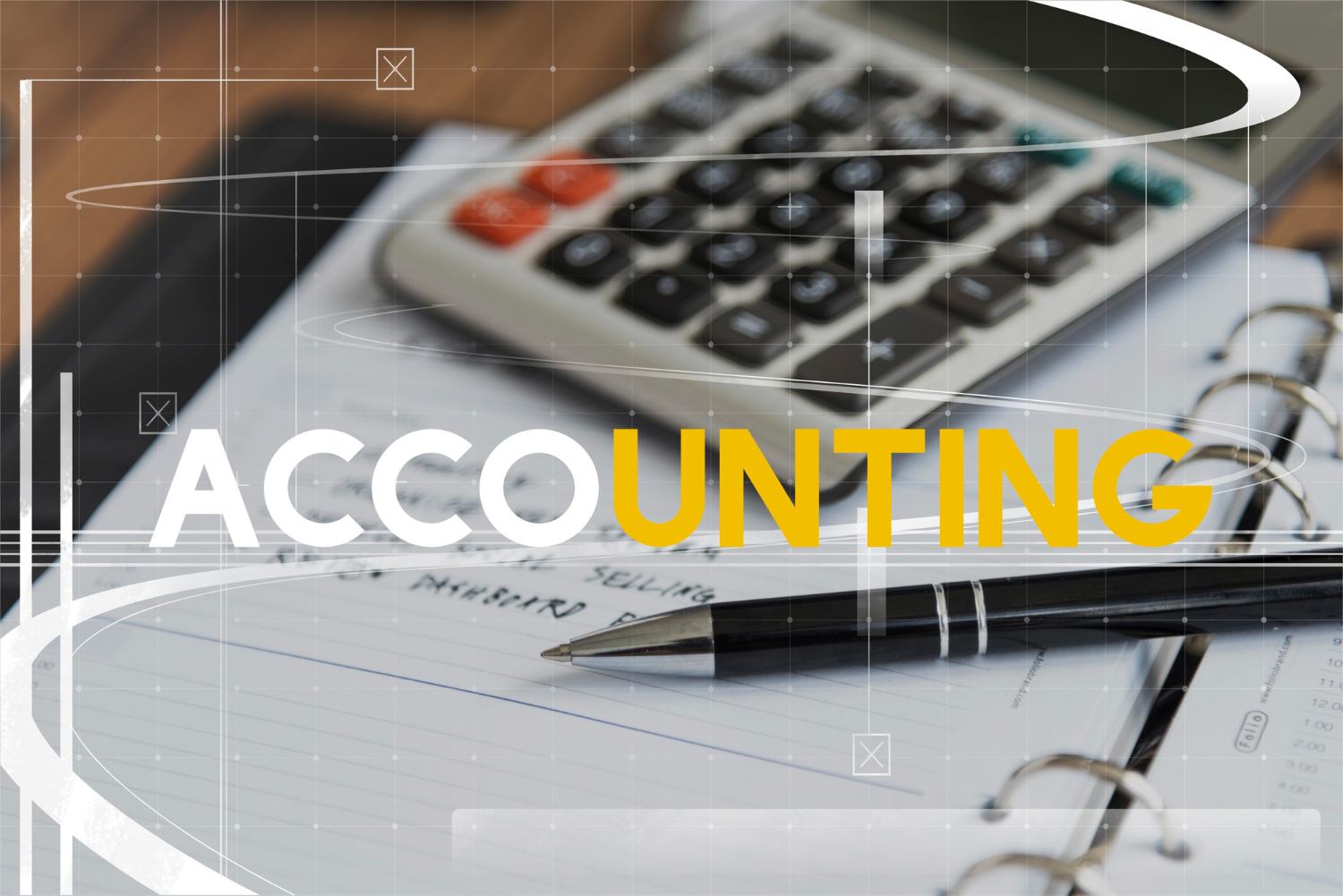
Upgrading your accounting and reporting systems can be a daunting task, but it’s essential for the growth and success of your business. In today’s competitive business environment, having a robust accounting and reporting system is critical to staying ahead of the game. If you’re looking to improve your financial management and streamline your business operations.
One critical area that requires regular updates is the accounting and reporting infrastructure. As a company grows, so do its accounting and reporting needs, making it necessary to invest in more advanced systems to keep up with the workload. Upgrading accounting and reporting systems can lead to better outcomes, including more accurate financial reporting and educated decision-making.
In this article, we guide how to update accounting and reporting infrastructure to ensure it is effective, accurate, and easily accessible. By following these best practices, companies can stay ahead of the curve and improve their overall financial health.
Here are some tips for upgrading your accounting and reporting systems:
Evaluate Your Current System
The first step in upgrading your accounting and reporting system is to evaluate your current system’s strengths and weaknesses. Identify the areas that need improvement and determine the features you require in a new system. Consider factors like scalability, ease of use, cost, and compatibility with your current infrastructure.
Consider Cloud-Based Solutions
Cloud-based accounting and reporting systems are becoming increasingly popular for their convenience, scalability, and accessibility. With a cloud-based system, you can access your financial data from anywhere, anytime, and on any device. Moreover, cloud-based systems provide automatic updates, backups, and enhanced security, which can help you avoid the risk of data breaches and loss of financial data.
Pick a System Based on Your Company’s Objectives
When selecting an accounting and reporting system, consider your business’s unique needs and requirements. For instance, if you are a small business owner, you may need a system that can handle basic accounting tasks, such as invoicing, expense tracking, and financial reporting. On the other hand, if you run a large organization with multiple departments, you may require a more robust system that can integrate with other software applications and handle complex financial transactions.
Integrate Your Accounting and Reporting Systems
Integrating your accounting and reporting systems with other business applications can help you streamline your operations and improve your business processes. For example, integrating your accounting system with your customer relationship management (CRM) software can help you track your customer interactions and manage your finances more efficiently. Integrating your accounting system with your inventory management system can help you keep track of your stock levels, avoid stockouts, and minimize inventory costs.
Automate Your Financial Processes
Automating your financial processes can help you save time and reduce the risk of errors. For example, you can automate your invoicing process to generate invoices automatically, send them to your customers, and track payments. You can also automate your financial reporting process to generate reports automatically, save them in a central repository, and share them with relevant stakeholders.
Train Your Staff
Upgrading your accounting and reporting system requires a significant investment of time and resources. It’s essential to train your staff on how to use the new system effectively. Ensure that your staff understands how to use the system, enter data correctly, and generate accurate reports. Training your staff can also help you avoid the risk of errors and ensure that your financial data is reliable.
Map and Format Your Current Data
When transitioning to a new accounting system, it is crucial to ensure that your current data is formatted correctly and mapped to the new system accurately. Different accounting systems have different data format requirements, so it is important to understand these requirements before attempting to transfer your data.
To prepare your data for transfer, start by identifying the data you need to transfer and analyzing it for errors or incomplete information. Once you have cleansed the data, you can create a data mapping plan that details how each field in your existing system will be mapped to the new system. This plan should also include any data transformations required to ensure the data is correctly formatted.
To ensure that your data transfer is successful, it is important to test your data mapping plan by transferring a subset of your data and verifying that it appears correctly in the new system. Once you have successfully tested the plan, you can execute the data transfer to the new system.
Why is Accounting Necessary?
Accounting is necessary for several reasons, including:
- Financial reporting: Accounting provides accurate and reliable financial reports, including income statements, balance sheets, and cash flow statements. These reports help stakeholders understand the financial health and performance of a business.
- Compliance: Accounting is essential for businesses to comply with legal and regulatory requirements related to financial reporting and taxation. Legal and financial repercussions may follow failure to adhere to these regulations.
- Budgeting and planning: Accounting provides critical financial information for budgeting and planning purposes. It helps businesses create and manage budgets, make strategic decisions, and plan for future growth.
- Taxation: Accounting is necessary for managing tax-related activities, such as preparing tax returns, calculating tax liabilities, and complying with tax laws and regulations.
- Decision-making: Accounting provides valuable financial data that help stakeholders make informed decisions, such as whether to invest in a company, expand operations, or cut costs.
Why You Choose Us?
Upgrading your accounting and reporting systems is a crucial step toward achieving success in today’s rapidly evolving business world. With the help of the right technology and tools, you can streamline your financial processes, improve data accuracy, and gain valuable insights that can inform your decision-making.
HTIC Global is one of the prominent finance and accounting service providers, taking proactive steps to upgrade your accounting and reporting systems will position your organization for growth and long-term success.
Whether you’re looking to implement new software or partner with a trusted provider, there are plenty of options available to help you optimize your financial operations. So don’t wait, start exploring your options with HTIC Global and take the first step towards a more efficient and profitable future.













